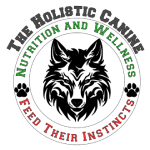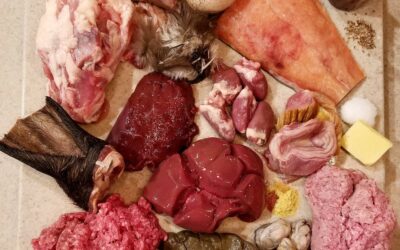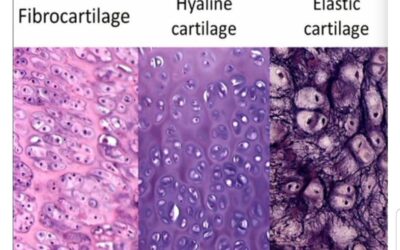Carbohydrates or no carbohydrates? Commercial dog foods contain upwards of 64% carbohydrates. But is this healthy for a carnivore? While pet food companies would have you believe that dogs are omnivores, a dog’s anatomy and physiology certainly speaks otherwise. Carbohydrates such as wheat, corn, rice, quinoa, potatoes, oats, barley, soybeans, chick peas, lentils, bran, peas, peanut hulls, plant gums, and cellulose are actually quite dangerous. This does not mean that dogs cannot digest SOME carbohydrates. The truth is, they absolutely can and do. But for this article, we are discussing the issue with the high carbohydrate diets too many pets are consuming. So, when and where did feeding high carbohydrate diets to dogs begin? It began pre-World War II.
In 1860, a man named James Spratt happened upon dogs scavenging for food in a shipyard. What the dogs were eating was hardtack that Navy sailors threw from the ships into the shipyard. This one incident gave Spratt the idea to create dog cakes and sell them as pet food. He partnered with Charles Cruft, founder of Cruft’s Dog Shows, to market and promote his invention. And the rest is history. And still today, Purina, Pedigree, Hill’s, and others sponsor all major dog shows around the world. These dog food manufacturers also do a great job of convincing young veterinary students (who do not receive any or very little education in nutrition) that their commercially created foods are complete diets for dogs; in fact, they insist, the only diets a dog should recieve. Consider this: what if your child’s pediatrician told you to feed your precious kiddo a bag of human kibble, adding nothing else to the diet ever, for life? You would likely run. At least I hope you would! And yet, why do pet parents not do the same when processed dog food is recommended for their beloved pet, for life?
Not all carbohydrates are created equally. The problem with carbohydrates in the form of the above grains, legumes, and gums is that they block the gut absorption of calcium, magnesium, zinc, and iron, critically and vitally important nutrients your dog must assimilate for cellular uptake and bodily function. These sources of carbs are not what are considered bioavailable, and as a result, bleeding bowels, colon and rectal problems and disease, gastrointestinal tumors, arthritis, allergies, skin conditions, hair loss, seizures, obsesity, joint destruction, and cancer are other conditions that develop in many dogs who consume too many of these inappropriate carbohydrates.
One way to check if your dog is consuming too many carbohydrates is to check his/her stools. If your dog’s stools are large, have a terrible odor, either too much moisture or are hard and look like bricks, and have not biodegraded in just over a week’s time, you can rest assured your dog’s digestive faculties are under stress and health crises may be just around the corner. We call these stools “big smelly dog logs.” These are the stools that must be picked up and disposed of because they spread disease and do not biodegrade quickly and cleanly like an animal’s feces on a biologically appropriate diet.
What do you do now? Remove 90% of the carbohydrates from your dog’s diet. Even better, remove 100% of all inappropriate carbohydrate sources and add fresh fruits and vegetables as a healthful alternative. If your dog is on a kibble diet, switching to a grain-free kibble will do little to reduce carbohydrates. In fact, grain-free kibbles contain higher amounts of inappropriate fibers and low-bioavailable legume proteins. It is no surprise that the incidence of dilated cardiomyopathy (DCM), a deadly heart condition, has risen since the introduction of grain-free kibble. Rather consider that you are perfectly able to and capable of providing your dog a fresh, low-carb, whole food diet. You will see incredible results when you provide your dog what he/she needs in the form of fresh meat, organs, raw bones, fresh berries and vegetables, yogurt, and high quality fish and oils. Where do you begin? Right here! The Holistic Canine is your first source for canine nutrition. Let’s get your dog started on an incredible journey to health and healing.
©2018 Kimberly Lloyd, PhD, BCHHP, Cert Raw Dog Nutritionist



